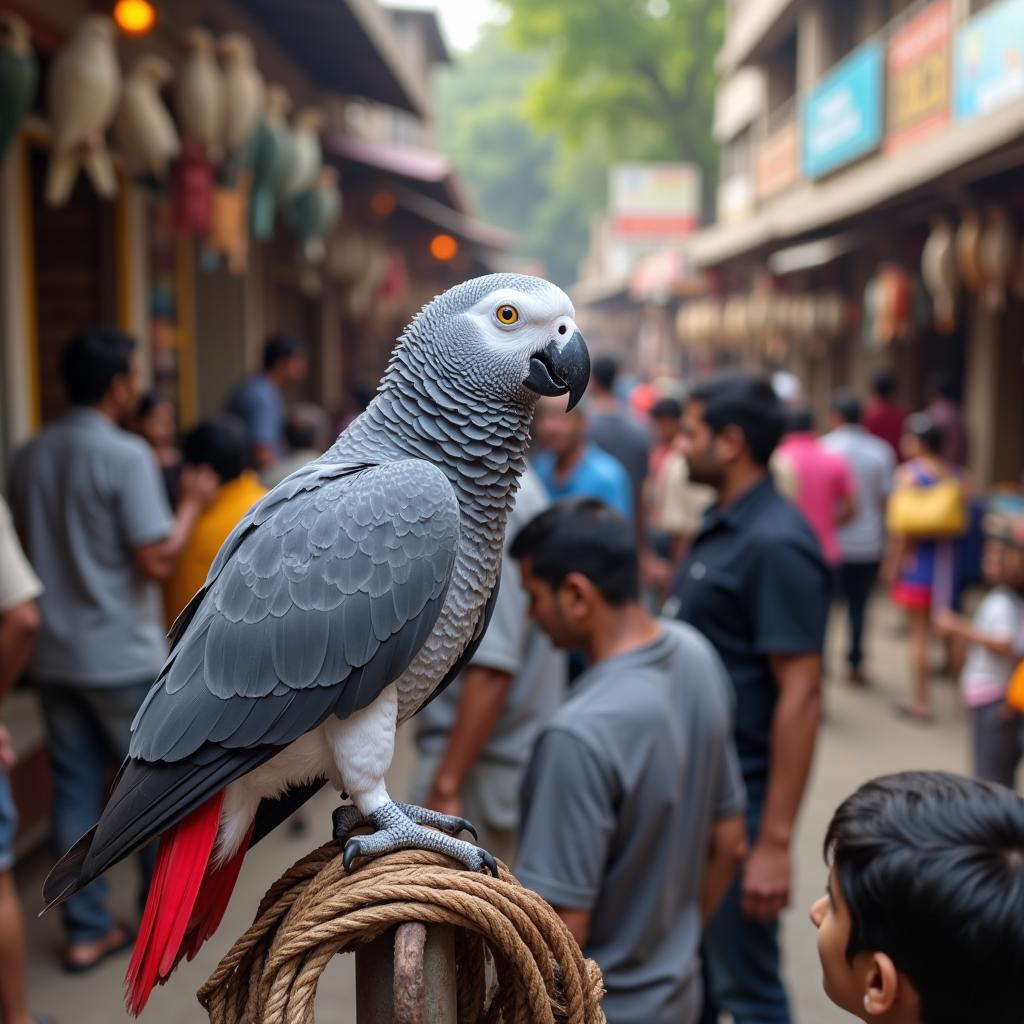Experiencing Authentic African Village Life
African Village Life offers a captivating glimpse into a world rich in culture, tradition, and community spirit. Far from bustling cities, these rural communities provide a unique perspective on the continent’s diverse heritage and way of life.
The Rhythm of Rural Life
Life in an African village often revolves around the rhythms of nature, with agriculture playing a central role. Many villagers are involved in farming, cultivating crops like maize, sorghum, and vegetables. Livestock such as cattle, goats, and chickens are also common, providing essential food and income. The day typically begins early, with villagers tending to their fields and animals before the sun rises too high.
This strong connection to the land fosters a deep respect for nature and its cycles. Traditional knowledge about farming practices, herbal remedies, and weather patterns is passed down through generations, ensuring the community’s sustainability.
The Importance of Community
One of the most defining aspects of African village life is the strong sense of community. Villages often operate on a system of communal living, where neighbors help each other with tasks, share resources, and celebrate milestones together. This spirit of Ubuntu, a Nguni Bantu term emphasizing interconnectedness and humanity, permeates daily interactions.
Social gatherings are frequent and lively, with music, dance, and storytelling playing integral roles. These events provide opportunities for villagers to connect, share news, and reinforce social bonds.
Cultural Richness and Traditions
African villages are treasure troves of cultural richness. Each community often has its unique traditions, languages, music, and art forms passed down through generations. These traditions are not merely relics of the past; they are living expressions of identity and heritage that continue to evolve and adapt to the present day.
Storytelling, in particular, holds a significant place in village life. Elders share folktales, myths, and historical accounts, preserving cultural memory and imparting wisdom to younger generations.
Challenges and Changes
While African village life offers a rich tapestry of culture and tradition, it also faces challenges. Access to education, healthcare, and infrastructure can be limited in remote areas. Climate change poses a significant threat, as droughts and unpredictable weather patterns can impact agricultural yields and livelihoods.
Despite these challenges, African villages are resilient communities. Many are adapting to the changing times, embracing new technologies and finding innovative solutions to overcome obstacles.
Conclusion
African village life provides a unique and enriching experience, offering a glimpse into a world where community, tradition, and a deep connection to the land are paramount. From the rhythmic flow of daily life to the vibrant expressions of culture, a journey to an African village is an opportunity to connect with the heart and soul of the continent. If you seek an authentic cultural immersion, explore the heart of African village life.
FAQs About African Village Life
What is the average size of an African village?
Village sizes vary greatly across Africa. Some might have a few hundred residents, while others can house several thousand people.
What languages are spoken in African villages?
Africa boasts incredible linguistic diversity, with over 2,000 languages spoken across the continent. Within a single village, you might encounter several local dialects alongside more widely spoken languages.
What is the role of women in African villages?
Women play a vital role in African village life. They are often heavily involved in agriculture, food preparation, childcare, and maintaining the household. In many communities, women also play crucial roles in decision-making and community leadership.
Do African villages have access to electricity and running water?
Access to electricity and running water varies greatly depending on the village’s location and infrastructure development. While some villages have access to these amenities, others may rely on alternative sources like generators, wells, and rivers.
How can I experience African village life responsibly and respectfully?
Engage with local communities through organized tours or homestays that prioritize cultural exchange and support local economies. Always be mindful of local customs and traditions, dress modestly, and ask permission before taking photos. Learn a few basic phrases in the local language to enhance communication and show respect.
Need More Information on African Culture?
Discover more about the diverse facets of Africa on our website. Explore articles about African beauty practices or delve into the captivating world of African boy dancing viral video. Our content provides a captivating journey through the heart of Africa.
For personalized assistance in planning your African adventure, contact us at:
Phone: +255768904061
Email: kaka.mag@gmail.com
Address: Mbarali DC Mawindi, Kangaga, Tanzania
Our dedicated team is available 24/7 to assist you.


